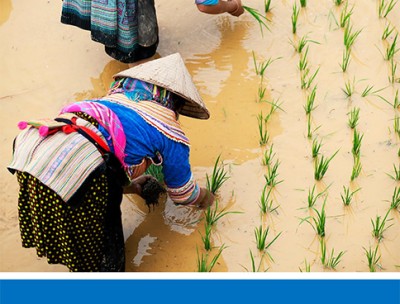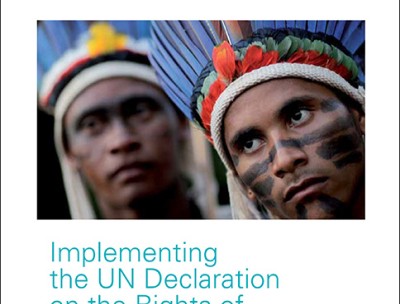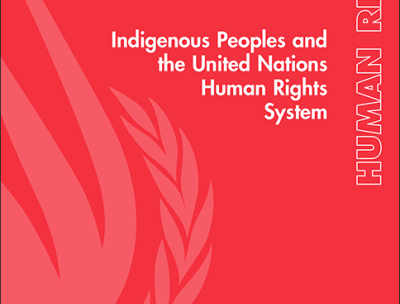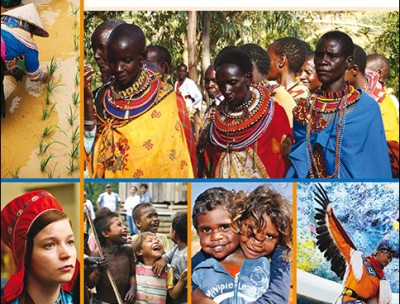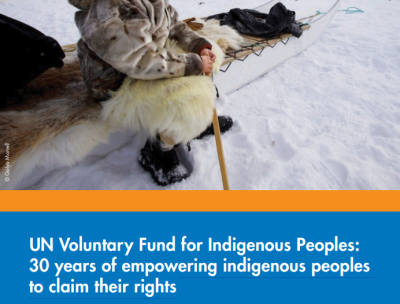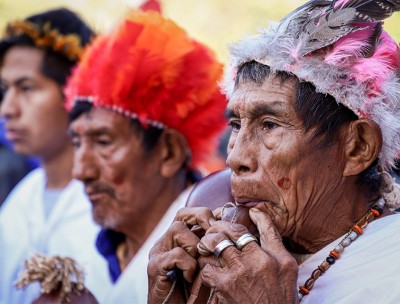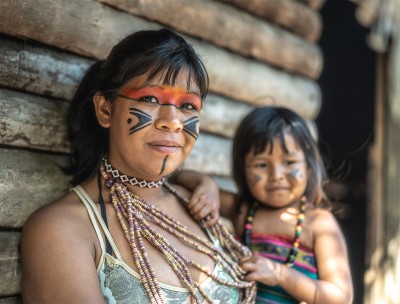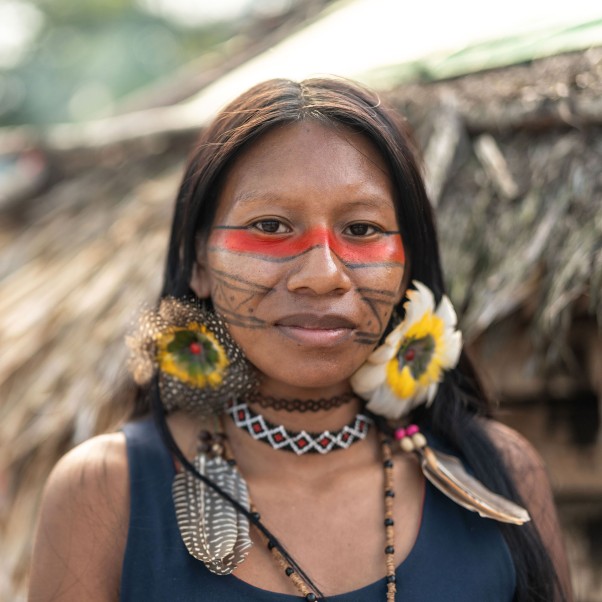
About
Attacks on those who defend indigenous peoples’ human rights have increased dramatically in recent years. Indigenous peoples’ cultures, lands, territories and resources continue to be threatened. These conflicts and human rights violations result in the displacement and dispossession of indigenous peoples, in particular women and children. This calls for reinvigorated efforts to address the negative legacy of historical injustices, discrimination, and assimilation that indigenous peoples have been subjected to for centuries.
Our work
Through its initiatives and guidance, UN Human Rights seeks to empower indigenous peoples in the protection and promotion of their rights. Besides co-ordinating a fellowship programme to empower and inspire indigenous young leaders, we support the UN Voluntary Fund for Indigenous Peoples, which offers grants to indigenous representatives to participate in UN events. The Secretary-General’s 2020 Call to Action for Human Rights and the Decade of Action for sustainable development are critical opportunities to make progress towards realizing the Sustainable Development Goals and indigenous peoples’ rights.
Current focus
Who else is involved
Special Rapporteur on the rights of indigenous peoples
The Special Rapporteur is an independent expert who conducts thematic studies, visits countries, organizes consultations and participates in dedicated events. The goal is to advance legal, administrative, and programmatic reforms to implement the standards of the UN Declaration on the Rights of Indigenous Peoples and other international instruments.
Expert Mechanism on the Rights of Indigenous Peoples
This panel of seven experts provides technical advice or cooperation through a country engagement process, including regarding the development of domestic legislation and policies relating to the rights of indigenous peoples. EMRIP also conducts studies to advance the promotion and protection of Indigenous Peoples’ rights. It does so by clarifying the implications of key principles, examining good practices and challenges in a range of areas pertaining to indigenous peoples’ rights, and recommending measures that States and others can adopt to strengthen laws, policies and programmes.
